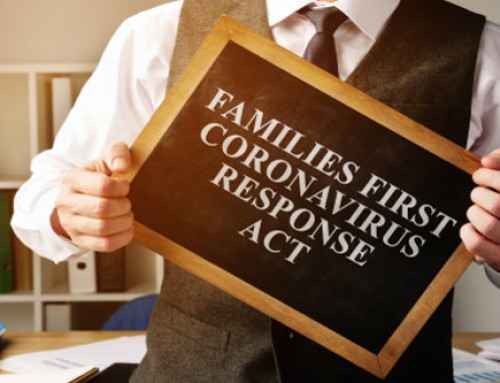Companies hiring employees must verify that those employees are legally authorized to work in the United States. The US Citizenship and Immigration Services (formerly the Immigration and Naturalization Service, or INS) created the I-9 form for this purpose. In 2016 the I-9 form changed for the first time since 2013 and must be used for all new hires after January 21, 2017. The form, approved in August 2016, is available in a new “smart” online format intended to reduce errors and confusion in completing the form. To be sure you are using the correct version of the form, be sure the revision date is 11/14/2016. For a reminder of what changed with the new form, read on.
What is the I-9 used for?
Employers use the I-9 form to verify the identity and employment authorization of people hired for employment in the United States. Employers must properly complete the I-9 for each person they hire – both citizens and non-citizens. Employees and employers both complete portions of the form. Employees attest they are authorized to work and must provide supporting documentation of that attestation, such a passport, driver’s license, or birth certificate. Employers must examine the documents to determine whether they reasonably appear to be genuine and match the type of identification required on the form. A list of the types of appropriate documentation appears on the back of the I-9 form. The I-9 form is not filed with a government agency, but kept in the employer’s records and made available for inspection by certain government officials. The record must be retained for three years after the date of hire or one year after the date of termination, whichever is later.
What has changed?
The new I-9 form, dated 11/14/2016, contains three pages of the form itself and 15 pages of instruction. The new form addresses points of confusion for both employees and employers. The printable form is found here. The online form found here (PDF reader required), provides drop-down menus, calendars, embedded instructions for completing each field, and other features to make the form easier to use. The online form will generate a matrix barcode once printed to streamline enforcement audits.
In terms of content, the new form requires employees to list only other last names they have used rather than other full names they have used in an attempt to limit discrimination due to national origin or gender. The new form will also allow more than one preparer to be listed. The new I-9 has a “Citizenship/Immigration Status” field where the employer is expected to select the number corresponding with the immigration/citizenship status indicated by the employee.
What has not changed?
Employers must still provide employees with the form’s instructions when asking them to fill out the form. Though an electronic version is provided to make the form easier to complete, it still must be printed and signed by the employer and employee. Employees must complete the first section of the document and employers still must verify the documents the employee’s supply. The Spanish version of the form is only acceptable in Puerto Rico, but may be used to assist a Spanish-speaking individual in completing the English version of the form. Employers can still be fined for violating I-9 paperwork requirements, but the fines have increased with this new version of the form.
Is anything special required of South Carolina employers?
Employers in South Carolina are subject to the South Carolina Illegal Immigration Reform Act. Amendments to the Act signed into law in 2011 and effective January 1, 2012, require all South Carolina employers to enroll in the E-Verify program administered by the U.S. Department of Homeland Security. Within three days after employing a new employee, employers must verify their eligibility to work in the United States by using the internet-based E-Verify system. This is in addition to – not a substitute for – completing the I-9 form. Employers are subject to audits by the South Carolina Department of Labor, Licensing, and Regulation to determine compliance. Penalties for violations of the Act range from a year of probation with mandatory quarterly reports to a 60-day suspension of an employer’s “license” to employ workers in South Carolina and a penalty of up to$1,000.
Still, have questions?
Keeping up with federal and state employment requirements can be daunting. If you still have questions about the new I-9 form or the contents of your employee files, contact an experienced employment lawyer at Gignilliat, Savitz & Bettis, LLP to help streamline your new-hire process and ensure you meet all your legal obligations.






